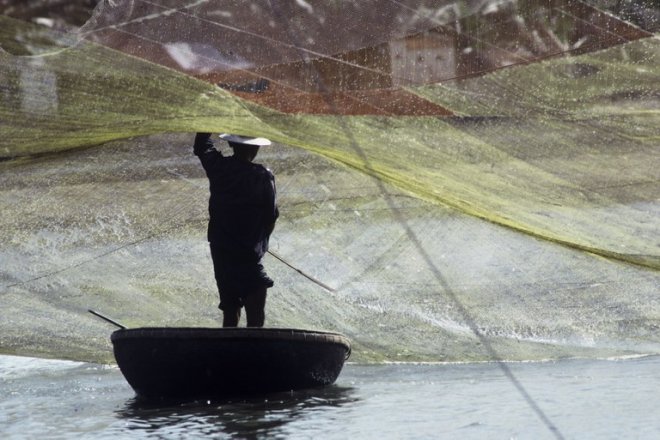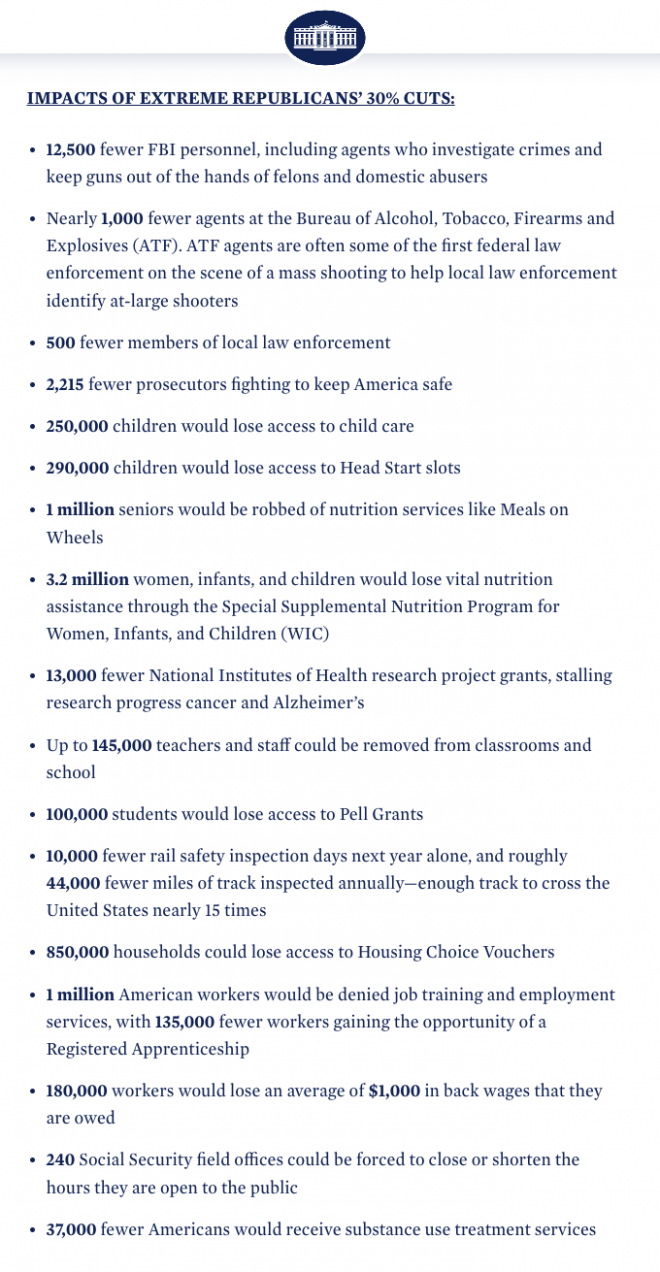Global water crisis imperils $58 trillion & food security
The global water crisis poses a significant threat, endangering approximately US$58 trillion – roughly 60% of global GDP – in annual economic value, food security, and sustainability, an environmental group said in its inaugural assessment of the economic value of water and freshwater ecosystems.Direct economic benefits, such as water consumption for households, irrigated agriculture and industries, amount to a minimum of $7.5 trillion annually, the World Wide Fund For Nature (WWF) said in its new report, “The High Cost of Cheap Water,” released Monday.
However, the unseen ecosystem benefits – which include water purification, sediment delivery, soil health enhancement, biodiversity conservation, carbon storage and the protection of communities from extreme floods and droughts – are seven times higher at around $50 trillion annually, WWF estimated.
That figure is equivalent to 60% of 2021 global GDP.
The groupIt said the continuous degradation of rivers, lakes, wetlands, and aquifers threatens their economic value and irreplaceable role in sustaining human and planetary health while jeopardizing climate resilience in the 21st century.
More than two-thirds of the world’s large rivers are no longer free-flowing, and one-third of wetlands have been lost since 1970, according to a 2021 report by the Secretariat of the Convention on Wetlands.
Freshwater wildlife populations have, on average, dropped by 83%.
Consequently, half of the world’s population is currently exposed to water scarcity at least once per month, while 55 million people are affected by droughts annually, the United Nations has said.
“We need to remember that water doesn’t come from a tap – it comes from nature,” said Stuart Orr, WWF’s global freshwater lead.
“Water for all depends on healthy freshwater ecosystems, which are also the foundation of food security, biodiversity hotspots and the best buffer and insurance against intensifying climate impacts.”
“Reversing the loss of freshwater ecosystems will pave the way to a more resilient, nature-positive and sustainable future for all.”
The WWF report said that agriculture is the dominant consumer of water resources, responsible for nearly 70% of global water extraction.
The Mekong Delta is sinking and shrinking
The Mekong Delta, one of the world’s largest and most fertile deltas in Vietnam, faces an existential threat from rampant sand mining and dam construction, WWF said in its report.
Spanning 41,000 square kilometers (15,830 square miles), the Delta is a linchpin of Southeast Asia’s economy and international trade, contributing to almost one-quarter of global freshwater fish catches.
 A fishermen checking the large red and yellow colored fishing nets set on inland waterways, Vietnam in this undated handout photo. Credit: Elizabeth Kemf, via WWF.
A fishermen checking the large red and yellow colored fishing nets set on inland waterways, Vietnam in this undated handout photo. Credit: Elizabeth Kemf, via WWF.Favored by nutrient-rich sediment deposits and regular river flooding, the region has become an agricultural powerhouse responsible for producing nearly half of Vietnam’s rice, accounting for 95% of its rice exports.
Additionally, WWF said that the Mekong River, boasting the world’s second-highest fish biodiversity after the Amazon, contributes nearly a quarter of global freshwater fish catches.
However, the group said the degradation of freshwater ecosystems – often linked to over-extraction of water for agriculture – is increasing the pressure on irrigated agriculture in many areas.
It added that demand for sand, primarily for construction and landfills, has soared to hundreds of millions of tons annually.
“As a result, the Mekong Delta has been sinking and shrinking,” causing detrimental consequences for the communities that rely on it, global rice production, and biodiversity, WWF explained.
According to researchers, sand extraction exceeds natural sediment deposition, alters river dynamics, diminishes water quality, and increases erosion along riverbanks and coastlines.
The situation has worsened with the construction of 11 mainstream dams in the Mekong, which could prevent up to 94% of river sediment from reaching the Delta, WWF said, adding that such activities pose a dire threat to biodiversity and fisheries in the region.
Annually, over 600 hectares (1,482 acres) of riverside and coastal land vanish due to erosion, while 1,808 homes in the Delta were lost between 2018 and 2020.
Furthermore, the shrinking of the Delta exacerbates saltwater intrusion, disrupting ecological balances, freshwater supplies, and agricultural yields, jeopardizing the livelihoods of millions.
Climate change intensifies these problems, bringing erratic rainfall patterns, more frequent and severe storms, and rising sea levels.
The Mekong Delta’s economic and ecological importance makes these threats regional and global threats that demand immediate attention and action, WWF said.
Edited by Mike Firn and Taejun Kang.
|
本篇 |
不想錯過? 請追蹤FB專頁! |
| 喜歡這篇嗎?快分享吧! |
相關文章
AsianNewsCast
























